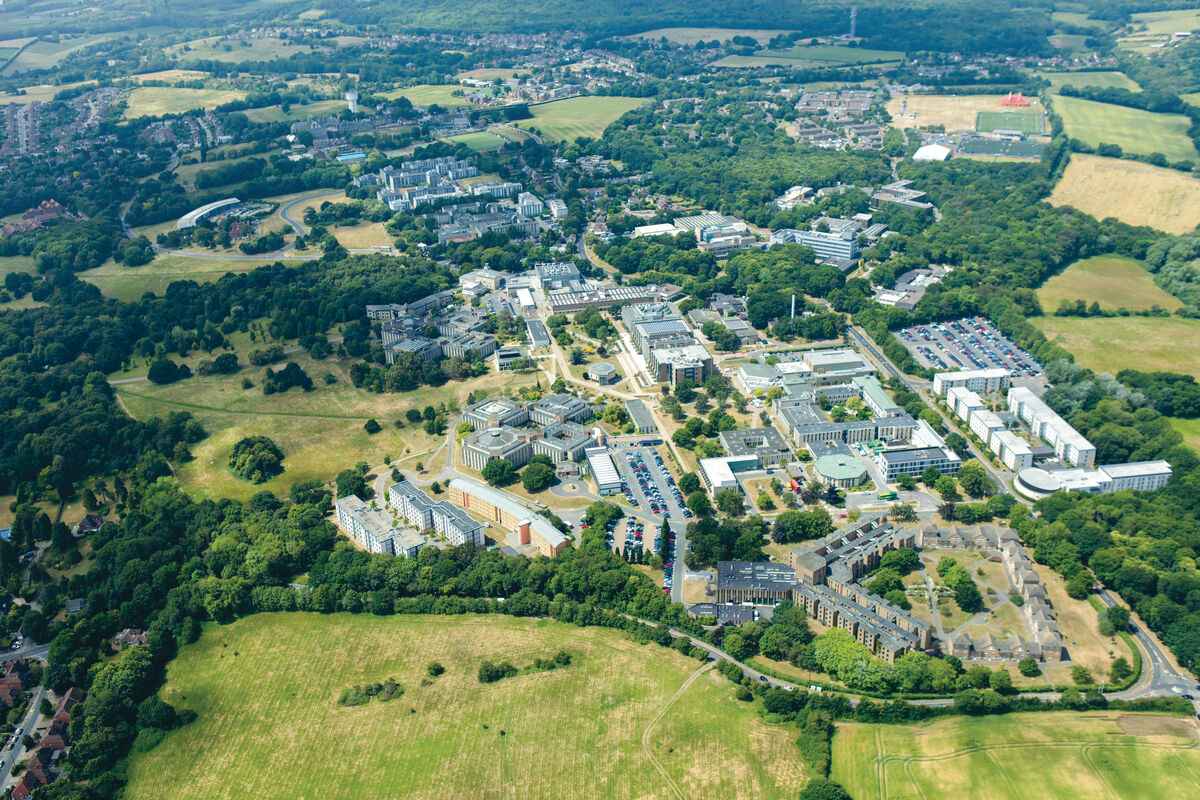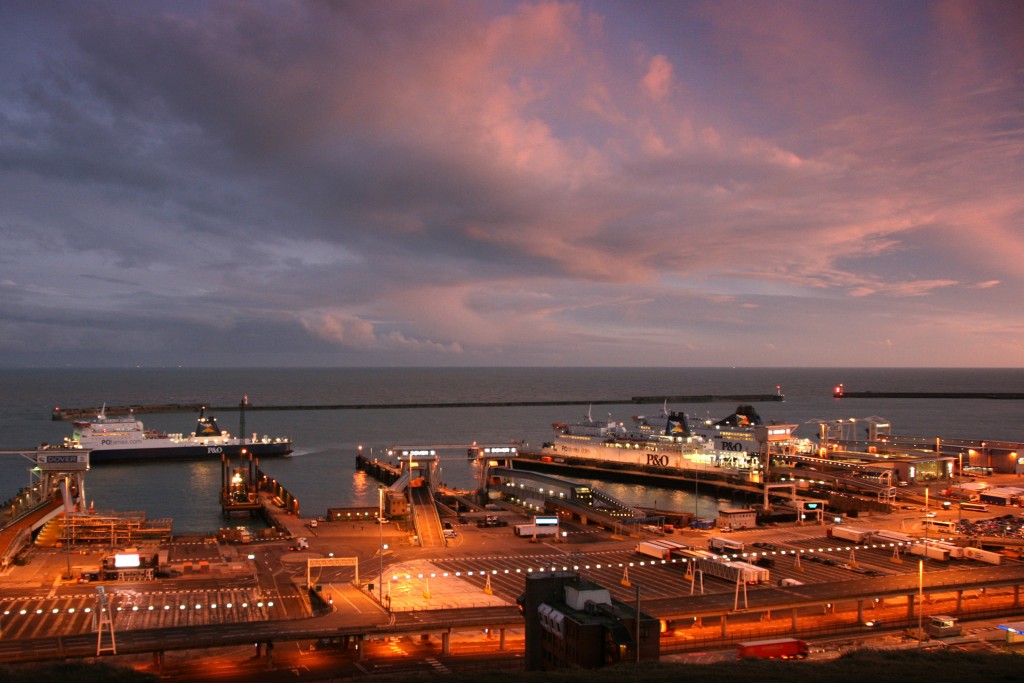Kent has been named as one of four universities selected by the Port of Dover to help develop next-generation technological solutions for its future strategic and operational challenges.
The partnership will enable the Port to benefit from Kent’s world-leading research and researchers to resolve their challenges using pioneering digital solutions, all of which will enhance the journey of £144bn worth of UK trade, 11m passengers and 2.4m trucks every year, with huge dividends to be gained for UK productivity. In turn, researchers will be able to employ a unique and world-leading operational testing ground for innovation in the Port of Dover. At Kent, projects will drive operational efficiencies in resource management, traffic flow optimisation, logistics and the supply chain through the Port and across the wider region.
The other universities involved in the partnership are Manchester, Cranfield and Liverpool.
Simon Barnes, Strategic Partnerships Development Manager at the University of Kent, said: ‘We very much welcome the national collaboration that this partnership offers. Supporting the economic well-being of the UK’s deprived coast communities through innovation is a key objective of our research and innovation planning. This new academic collaboration also links to our partnership with universities in Lille, Ghent and Leuven.’
Christian Pryce, Chief Commercial Officer at the Port of Dover, added: ‘The Port of Dover’s vision to become a smart, seamless, and sustainable port is fast coming to fruition, but the only way this vision can be realised is through collaboration with first-class thinkers and researchers. These four universities form the first wave of a wide range of partnerships that the Port of Dover plans to establish to help us achieve our ambitions across all areas of our operation and we encourage potential partners to reach out to us with ideas if they think they can support our journey.’
The signing of this memorandum of understanding comes on the back of continued success for Kent’s work on decarbonising the port, including the Green Corridor at the Short Straits project – part of the Clean Maritime Demonstration Competition (CMDC) by the Department for Transport and Innovate UK.
Following the success of the first CMDC, Kent recently joined other thought leaders at the Port of Dover to present the latest developments of this project, which will help the advancement of decarbonisation of ferries that operate between the Port of Dover and its sister Ports, Calais and Dunkirk
Led by the Centre for Logistics and Sustainability Analytics (CeLSA) in Kent Business School, Kent’s work focused on accurately identifying energy demand by current and future ferries operating at the port over different planning horizons and real operating conditions. It also sought to understand the potential innovative, realistic and reliable energy supply pathways within the infrastructural and operational constraints of the port.
The project produced a realistic roadmap towards port net zero emissions which included an outline of a future demonstration project and key performance indicators such as the economic impact and lifecycle emissions from the developed solutions. With £144 billion of trade per year crossing from Dover to France the ability to understand the transition of decarbonisation has regional, national and international benefits.
Simon Barnes, said: ‘The University is thrilled to have helped deliver this leg of the Green Shipping Corridor project. Work conducted by the Centre of Logistics and Sustainability Analytics (CeLSA) identified the business case of marine-side and land-side decarbonisation and the key challenges to be resolved to deliver the decarbonisation of ferries on the Short Straits route. We look forward to continuing to support the Port of Dover, its French sister ports and ferry operators to progress their ambitions to decarbonise and look forward to our brighter, greener collective future.’

